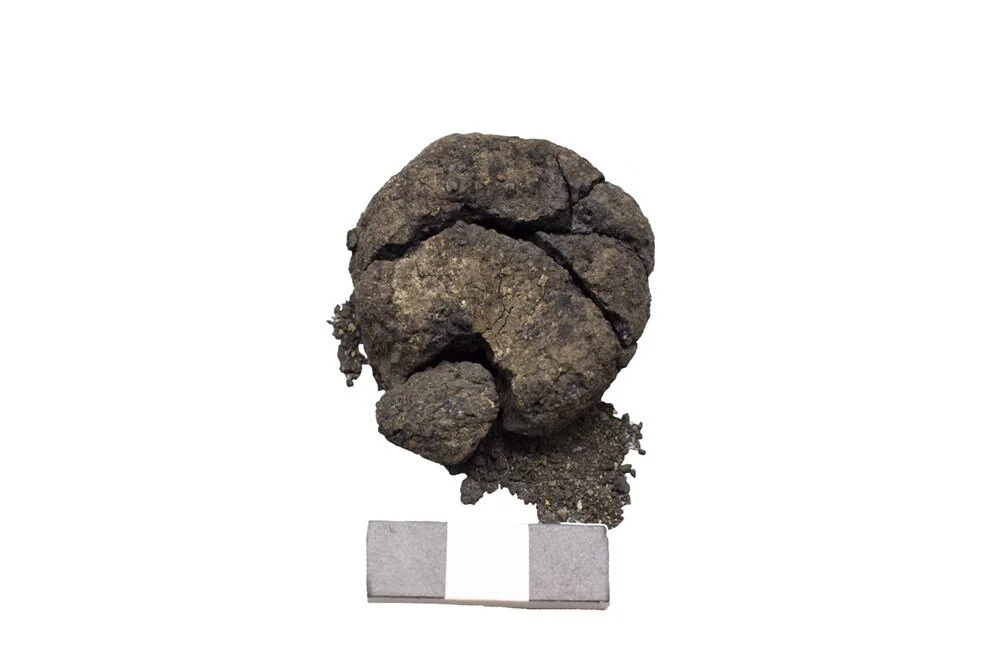Archaeologists have made a groundbreaking discovery at Çatalhöyük, a Neolithic settlement nestled in central Turkey: they've unearthed bread that dates back approximately 8,600 years.
Çatalhöyük holds a significant place in history as one of the earliest human proto-cities ever constructed. Characterized by tightly packed mud-brick houses adorned with paintings and symbolic motifs, it boasted a population of around 8,000—a remarkable size for its time, straddling the line between a large village and a miniature city. Residents accessed their mud-brick homes through ceiling doors and traversed sidewalks that snaked around the city's rooftops.
The recent excavation, centered around an area dubbed "Mekan 66," revealed the remnants of an oven structure. Among the debris surrounding the mostly destroyed oven were traces of wheat, barley, pea seeds, and other potentially food-related items.
Further analysis conducted at Necmettin Erbakan University's Science and Technology Research and Application Center (BITAM) confirmed that the spongy residue discovered was, indeed, fermented bread dating back to 6600 B.C.
Associate Professor Ali Umut Türkcan, Head of the Excavation Committee and a faculty member at Anadolu University, emphasized the evolving scope of archaeology, noting that food archaeology has become a significant area of study. He highlighted Çatalhöyük's importance in this regard, underscoring the meticulous documentation and detailed analysis that enabled the identification of organic remains.
Türkcan explained that the bread find, discovered snugly nestled in the corner of the oven, was preserved thanks to a thin clay covering, safeguarding both wooden artifacts and food remnants over millennia. Radiocarbon dating conducted at the TUBITAK Marmara Research Center (MAM) confirmed its antiquity, tracing it back to around 6,600 B.C.
This discovery is particularly notable as it predates all other known evidence of leavened bread, including findings from Egypt, making the bread from Çatalhöyük the oldest of its kind in the world. Described as a rudimentary form of loaf bread with a distinct finger imprint in the center, it wasn't baked but rather fermented, preserving the starches within. This unique specimen further solidifies Çatalhöyük's status as a hub of pioneering achievements.
Designated a UNESCO World Heritage Site in 2012, Çatalhöyük continues to yield invaluable insights into ancient human civilization through its remarkable archaeological finds.








